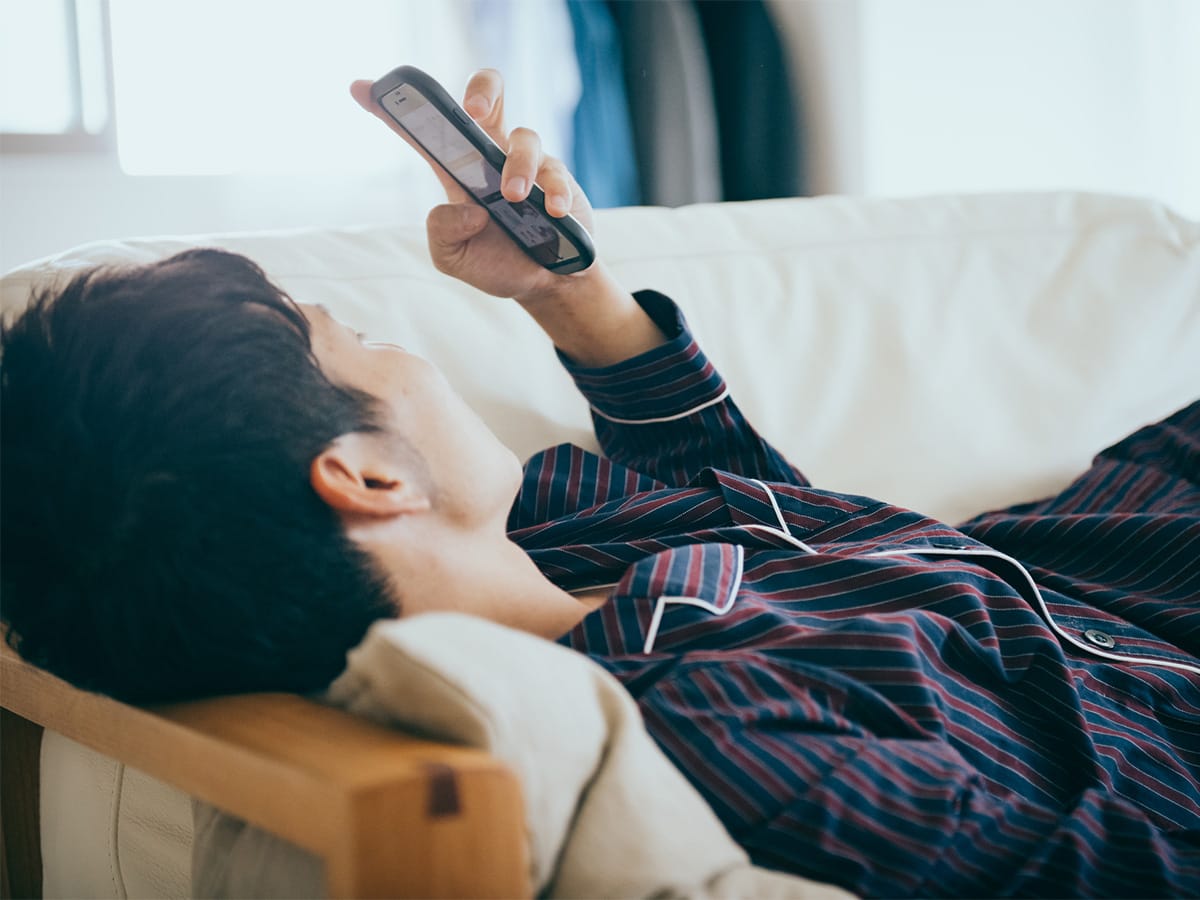- Tags:
- biological clock / circadian rhythm / COVID-19 / lockdown / pandemic
Related Article
-

#coronadivorce trends online as locked-down couples realize they don’t actually get along
-

“No-Mask Picnic Day” Organizers See Reason and Cancel
-

Classes held in hotel: Japanese university’s coronavirus measure questioned online
-

Japanese university has graduates attend ceremony via robot avatars during coronavirus outbreak
-

Musician discoyogisya streams live VJ glitch shows as artists innovate during pandemic
-

My Hello Work Diary: Filing for Unemployment in Japan



It’s been more than a year since Covid-19 spread across the world.
Sunday, April 25, 2021 marked the beginning of the third state of emergency declared in Tokyo, Osaka, Kyoto, and Hyogo Prefectures.
It is scheduled to last throughout the Golden Week holiday until May 11 in an effort to curb an apparent fourth wave of rising infections throughout Japan.
Many public schools will hold online classes and restaurants that serve alcohol, as well as shopping centers are being asked to close.
Although there are signs that many individuals are ignoring the Japanese government’s request to refrain from unnecessary outings, others continue to play their part in reducing the risk of transmission of Covid-19.
The Stress of Staying Home
© Pakutaso
Some people have been working from home for almost a year.
With many gyms closed or reducing their hours, and not going out to meet friends, many have taken to social media to voice their frustrations over feeling like their lives are slipping away from them.
Last year, The Japanese Society for the Study of Depression, which conducts academic research on depression, released a proposal describing the "Circadian Rhythms," or our "biological clock," an important brain mechanism that helps us to live a peaceful life.
The proposal states the following:
Research has shown that people suffering from mental illnesses such as depression and bipolar disorder are more likely to have their biological clocks disrupted than healthy people.
In fact, when they are forced to change their lifestyles, their biological clocks become less accurate, and this disruption can easily lead to depression (or mania) and other mood deterioration.
On the other hand, maintaining a regular daily routine can be very helpful in keeping your biological clock working accurately and stabilizing your mood, even under stressful conditions.
Certainly we’ve all gotten stressed out during periods when our daily rhythm was disrupted. And even more so when that disruption continues long-term like with the Covid-19 pandemic.
So I thought it’d be a good idea to review 10 points to manage our stress and get us through this current situation.
1. Set a daily routine
© Pakutaso
Even if you work at home, setting yourself a daily routine will help your biological clock become stable, improving physical, mental, and emotional health.
2. Wake up at the same time every day
Waking up at a certain time every day is the most important point for your body to get into a natural rhythm and stay balanced. Try to go to sleep around the same time every night for a consistent sleep cycle.
3. Spend time outdoors every day
We should get fresh air and sunlight every day. Morning light is essential to maintain the body’s internal clock and Vitamin D plays an important role in regulating our mood. So try to get outside a little bit every day, while avoiding crowded areas.
4. Indoor sunbathing
If you can’t go outdoors, you can still enjoy sunlight by sitting near a window to soak up the sun’s rays and calm your mind. You can often see pets doing this at home too.
5. Set a time for your daily activities
Try to schedule your daily activities. Working in the mornings is best for productivity. Studying or doing housework at the same time every day will help you maintain a normal daily rhythm.
6. Exercise every day
© Pakutaso
It is recommended that you exercise every day. Doing yoga in the morning can help you start the day with a clear, positive mood. And there are countless workout videos on YouTube and Instagram to suit each and every one of us.
7. Eat at the same time every day
Even if you don’t feel like eating, try to eat something when the time comes. This helps improve digestion.
8. Interact with people
Whether it’s with your family at home, calling, or video-chatting, try to give yourself opportunities to talk with other people every day. This is a great way to bond with others over what you’re feeling and reduce stress.
9. Don’t take naps
Napping can interfere with deep sleep at night. Avoid naps during the day (especially late afternoon naps), and if you really need to, limit naps to 30 minutes at most.
10. Avoid bright lights before sleeping
Blue light is said to inhibit the release of hormones such as melatonin which are essential for sleep. This means we shouldn’t be looking at computers or smart phone screens right before bedtime.
Conclusion
We often don’t realize how important our routines are to our overall mental and physical well-being.
Staying home and doing nothing on the weekends after a long week of work often results in feeling every more tired when we go back to work.
This is even more essential when our daily life may feel completely upended because of the pandemic.
These tips may seem trivial to some, but when put all together, they can make a huge difference in how we feel each day.
So take what you can from the tips listed above and just start with small changes!